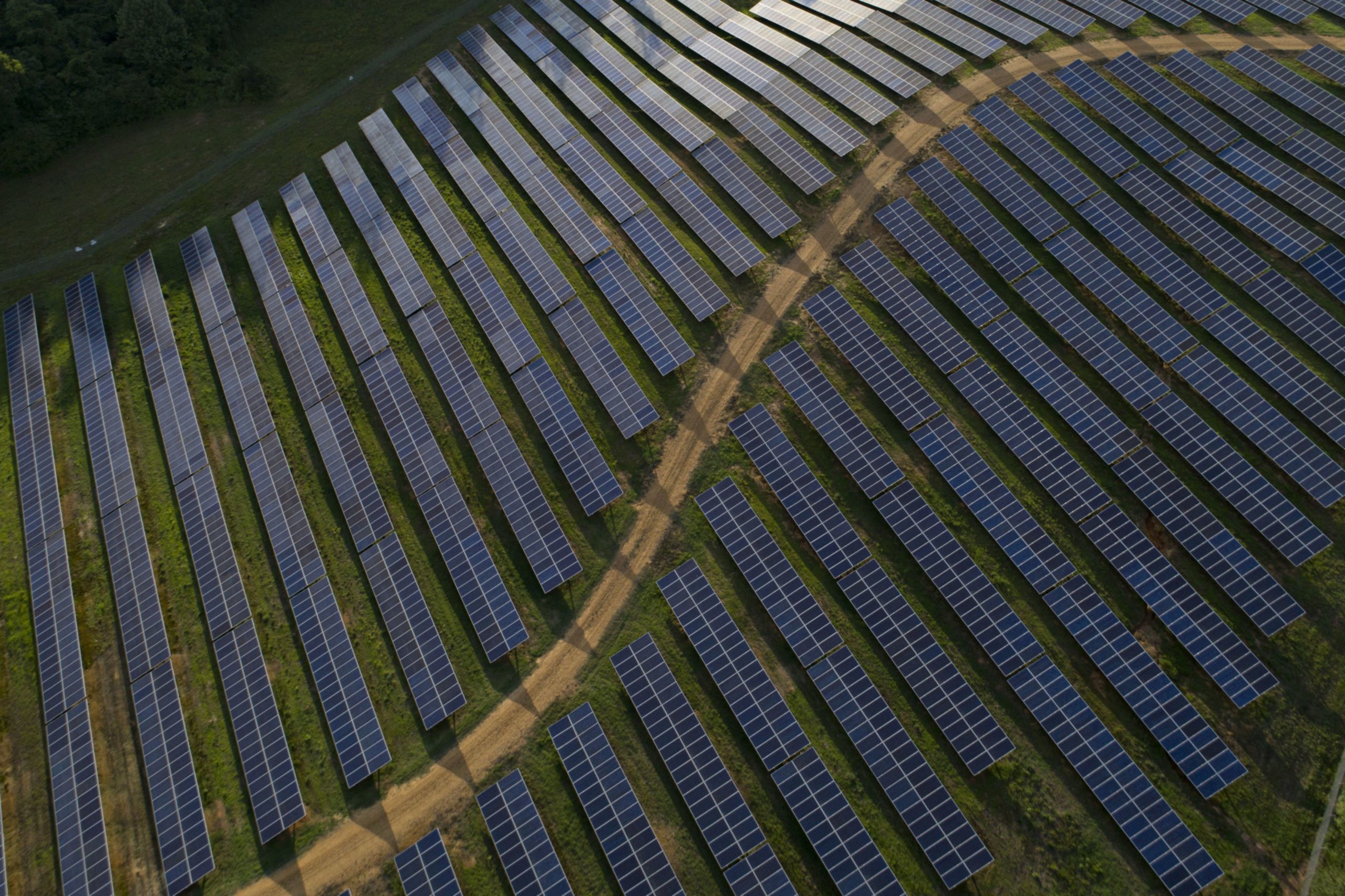

As several Nordic and UK pension funds commit to clean energy and green investments by 2030, they must also navigate the increasingly important world of climate reporting
At the COP26 conference at Glasgow last week, pension schemes in the UK, Sweden, Norway, Finland, Denmark, Iceland and the Faroe Islands pledged to allocate a collective $130bn to clean energy and climate investments by 2030.
This consortium of funds aims to contribute to the increasing global climate ambition and spur the global uptake of climate investments for the green transition from other asset owners.
The Climate Investment Coalition, a public–private initiative established by the government of Denmark, Insurance & Pension Denmark, the Institutional Investors Group on Climate Change and the World Climate Foundation will work directly with the committing institutional investors to ensure that commitments are being implemented, tracked and reported on annually.
Building on current efforts
For most of these pension funds, this commitment builds on previous pledges they have made to utilise their investments for green purposes.
Thorey S. Thordardottir, managing director of the Icelandic Pension Funds Association, says that its collective $4bn commitment to investments in green energy solutions is in addition to the $1.2bn it has already invested in climate-friendly initiatives.
The Icelandic pension funds will continue to invest in projects that use geothermal power, as well as other sustainable energy sources, distribution methods and consumption. “The objective is to expedite developments that promote cleaner energy for use in transportation and business activities in Iceland,” she says.
Mark Fawcett, chief investment officer of UK defined contribution scheme Nest, with £20bn assets under management, says that the scheme is “already hard at work to deliver our net-zero 2050 ambition, having taken immediate steps to reduce our portfolio’s carbon footprint and halve our emissions by 2030”.
Earlier this year, the scheme hired Octopus Renewables for a renewable infrastructure mandate worth an initial commitment of around £250m, which will potentially be extended to £1.4bn by the end of the decade. Octopus made its first acquisition for the scheme last month — a solar farm in Reading, UK — in a multi-million pound deal.
Reporting performance
With this commitment to climate investment comes the challenge to report annually on progress.
Lucy Tusa, partner at investment consultant Mercer’s sustainable investment team, says that leading pension funds have already established reporting procedures for measuring exposure to sustainable investments in both public and private markets.
“However, challenges remain with data availability, and efforts suffer from a lack of consensus on how to measure green investments,” she continues.
Tusa explains that Task Force on Climate-related Financial Disclosures reports are the ideal place for pension funds to report their exposure to green investments and how they are performing against targets.
This year, the UK government introduced several new climate reporting obligations under the Pension Schemes Act 2021. This included a requirement for UK schemes with more than £5bn in assets to report on the financial risks of climate change within their portfolios from October 2021. Reporting is expected to be aligned with TCFD recommendations.
From October 2022, the rules will be extended to schemes with more than £1bn in assets. This signals that TCFD reporting is here to stay for institutional investors in the UK.
Tusa also points to other reporting initiatives that are developing as new data becomes available. She says that there are a number of ongoing efforts to develop market-wide approaches to measuring and reporting green exposures.
This includes the EU taxonomy for sustainable activities and the development of a UK equivalent, and the CFA Global ESG Disclosure Standards for Investment Products.
The International Financial Reporting Standards Foundation, which sets global accounting standards, also recently announced that it is forming an International Sustainability Standards Board to set global sustainability disclosure guidelines.
The ISSB will consolidate the Climate Disclosure Standards Board and Value Reporting Foundation by June 2022, and seek to form a comprehensive global baseline of high-quality sustainability disclosure standards to meet investors’ information needs.
More funds to join
While this is a step in the right direction for UK and Nordic funds, there is the hope and expectation that others will follow suit.
Tusa is optimistic that this will be the case. She says that Mercer is already working with several institutional asset owners, including pension funds in the UK and Europe, on increasing their exposure to green energy and climate solutions.
She says: “Going forward, we expect a growing number of investors to adopt net-zero goals and set climate solutions targets to support their commitments. In the UK, the rollout of TCFD reporting is pushing large pension funds to consider increasing their exposures to climate solutions.”
“These actions suggest that there will be an increasing appetite for climate investments from institutional investors who are looking to allocate money to sustainable opportunities that generate market competitive returns while also helping them achieve their climate change goals,” she concludes.
Similar Articles

UK Climate Change Act remains legally sound 15 years on, experts say

Nature degradation could cause financial losses to the UK economy greater than Covid-19 and 2008 financial crash


